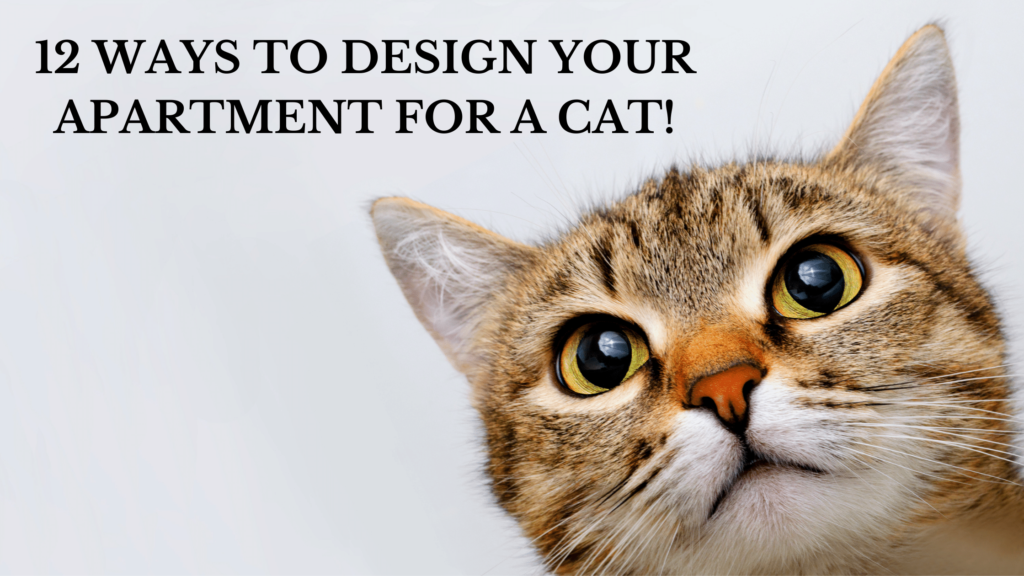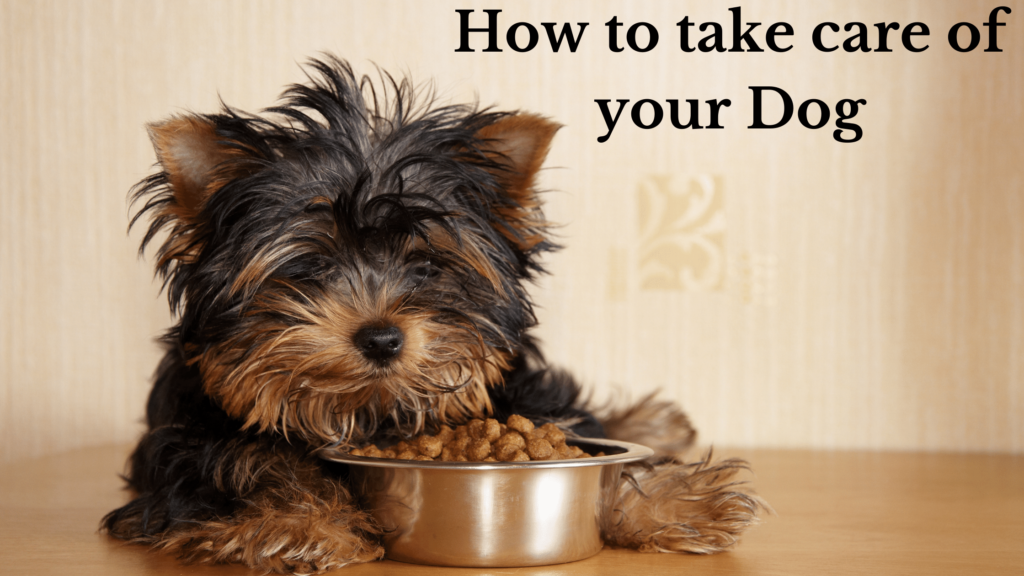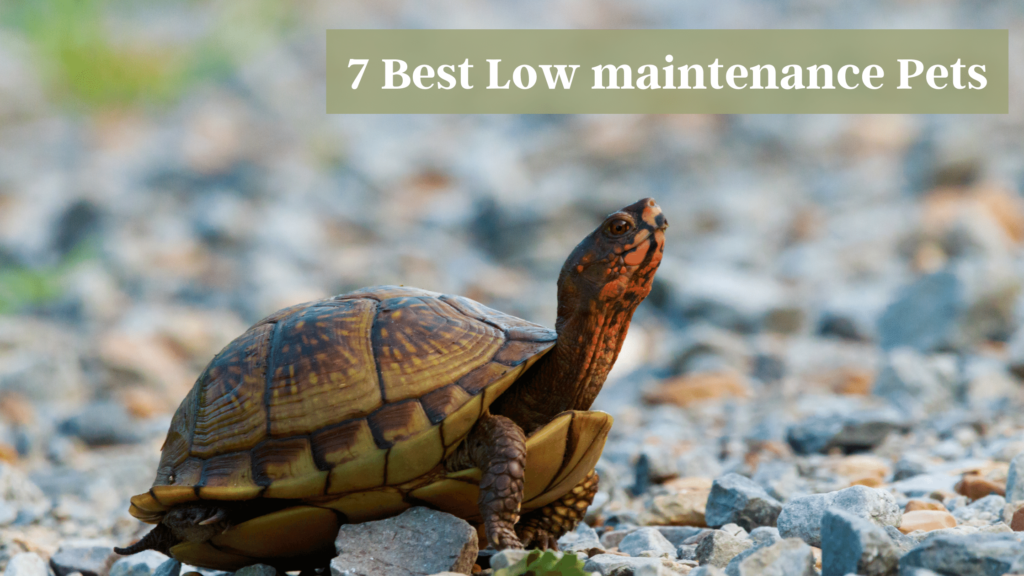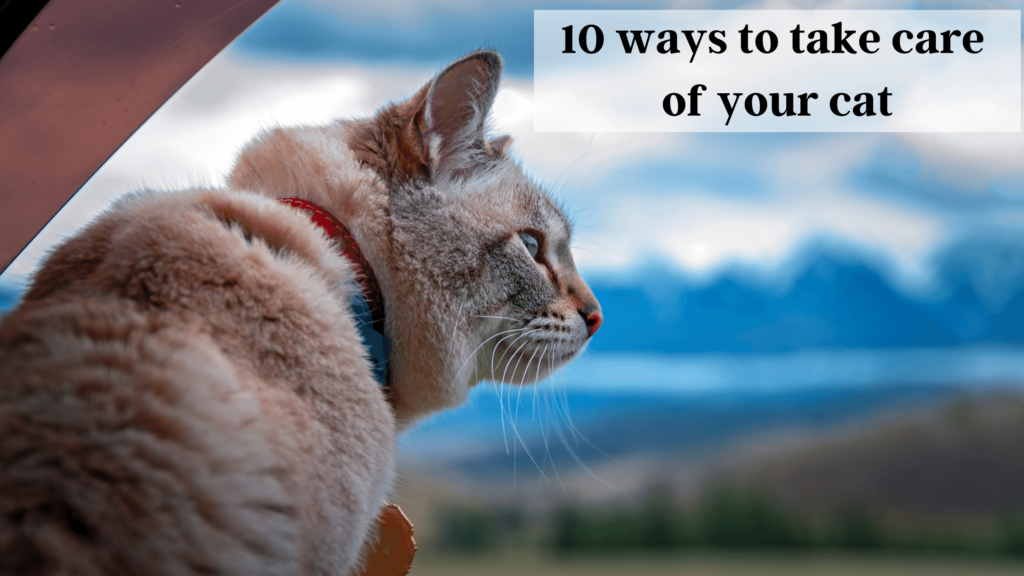This post may contain affiliate links which means I may receive a commission for purchases made through links. Learn more on my Disclosure page.
Know which food you eat is actually toxic food for Cats. Cats have distinct nutrient needs that must be addressed through their food. Providing a full and balanced commercial cat food is the simplest and most straightforward way to address a cat’s nutritional needs.
This means that any vitamins and minerals provided by treats, even healthy snacks like fruits and vegetables, would be in excess of what a cat eating a complete and balanced diet would require.
When it comes to nutrition, more isn’t always better. In some cases, it can even be dangerous. It’s normal to want to share a snack with your cat, but a cat’s digestive system is extremely different from ours, and many of the things we eat on a daily basis can cause serious health problems in cats.
As a caring pet owner, it’s critical to provide your cat with nutritious food, but it’s even more necessary to understand what human foods you should never offer them. With Knowing how to decorate your place for a Cat you must also know how to take care of Cats.
What Kinds of Human Foods are Safe for Cats to Eat?
Because some cats may ingest a particular food item without trouble while others may consume the same item and have vomiting, diarrhea, or other negative symptoms, cats must be addressed for their individual needs.
In light of this, it’s always a good idea to consult your veterinarian before introducing any new human foods to your pet’s diet, even if they’re generally regarded as safe.
Alcohol
Vomiting, diarrhea, impaired coordination, central nervous system depression, difficulty breathing, tremors, abnormal blood acidity, coma, and even death can be caused by alcoholic beverages and food products containing alcohol.
Alcohol should not be offered to your pet under any circumstances. Contact your veterinarian or the ASPCA Animal Poison Control Center right away if you suspect your pet has consumed alcohol.
Avocado
This tasty fruit should be avoided by your cat. It’s not the case with avocados, though. Persin makes the entire fruit and its leaves, pits, and bark hazardous to your cat. Diarrhea and vomiting are the results of this.
What about guacamole, though? Many cat owners have discovered their kittens stealing guacamole. You should not feed them that.

Coffee and Caffeine
Cacao seeds, coffee fruit, and the nuts of an extract used in Coffee and COla all include methylxanthines, which can also be found in cacao seeds, coffee fruit, and the nuts of an extract used in some sodas.
In pets, methylxanthines can cause vomiting, diarrhea, increased thirst, and urination, as well as hyperactivity, abnormal heart rhythm, tremors, convulsions, and death. Cola and other stimulating beverages are also prohibited!
Caffeine intoxication can cause muscular tremors, heart palpitations, rapid breathing, and restlessness in your cat.
Green Tomatoes
Yes, green tomatoes are hazardous to your cat’s health. The good news is that cats despise the feel and flavor of raw green tomatoes, so they are unlikely to consume them. Still, keep an eye out for them.
And cats are strange creatures, and you never know when they’ll decide to try something new. The majority of cat specialists believe that red ripe tomatoes are safe.
Raw ones, on the other hand, contain a bitter, toxic alkaloid that can make your cat quite ill. It causes severe gastrointestinal problems, therefore you should take them to the vet as away.

Citrus
Citrus fruits, such as lemons, limes, oranges, clementines, and grapefruits, contain citric acid and essential oils that might harm cats.
And, Citrus plants’ stems, leaves, peels, fruit, and seeds contain different amounts of citric acid, which can induce discomfort and possibly even central nervous system depression if consumed in large quantities. Small dosages, such as eating the fruit, are unlikely to cause much more than slight gastrointestinal discomfort.
Coconut and Coconut Oil
Coconut and coconut-based goods, when consumed in small amounts, are unlikely to cause serious harm to your pet. Fresh coconut flesh and milk contain oils that can induce stomach distress, loose stools, and diarrhea.
As a result, we recommend that you exercise caution when feeding these items to your dogs. Also, Coconut water contains a lot of potassium and should not be given to your dog or cat.

Grapes and Raisins
Despite the fact that the poisonous ingredient in grapes and raisins is unknown, these fruits have the potential to induce kidney failure. It is advised to avoid giving grapes and raisins until further information about the harmful ingredient becomes available.
They have been linked to kidney failure in pets in some situations. It’s preferable not to place your cat in such a risky circumstance.
Macadamia Nuts
Macadamia nuts are harmful to pets, although the precise cause of toxicity, as with grapes, is unknown. Also, Macadamia nuts are extremely hazardous to cats and are commonly found in baked foods such as cakes, cookies, muffins, and trail mix.
Keep these foods out of reach of your pet; even a small amount of nuts can cause serious illness. Eating chocolate with nuts will aggravate symptoms and may possibly result in death.
Milk and Dairy
Dairy products can cause digestive problems in cats because many of them are lactose intolerant and can’t properly absorb dairy (milk, cheese, yogurt). The safest course of action is to avoid them entirely, but you can ask your veterinarian if a lactose-free option is an appropriate reward.
Even while kittens contain lactose in their systems, there isn’t enough of it to deal with the lactose overload present in cow’s milk. Another reason not to offer your cats cow’s milk is that it’s high in fat, which is why cats are drawn to milk in the first place.
The fat and sugar in milk will induce weight gain and diabetes in your cat.

Nuts
Almonds, pecans, and walnuts, for example, contain a lot of oils and fats. In pets, the fats can cause vomiting and diarrhea, as well as pancreatitis.
Raw eggs.
Salmonella bacteria may be present in raw eggs. Bacteria such as salmonella and E. coli can be extremely hazardous to pets. Cooking to a safe temperature kills hazardous germs as well as any viruses that may be present.
Because raw egg whites contain avidin, an enzyme that blocks vitamin b7 absorption in the body, giving raw eggs to a cat can cause vitamin b7 deficiency, which can cause skin and coat problems. Vomiting, diarrhea, and fever are all symptoms of illness. Avidin, an enzyme found in raw eggs, prevents cats from absorbing biotin, a vitamin essential for skin and fur health.
Hot dogs
hot dogs Your kitty friend would definitely like a hot dog, but is that a smart idea? Many hot dogs contain undesirable saturated fats, sugars, artificial sweeteners, and other components that are harmful to cats.
Hot dogs cannot be processed because they contain seasonings such as onion powder and garlic, which are toxic to cats, and the biggest problem with hot dogs is salt, which is present in all processed meats.
These products contain a significant amount of salt, fat, chemical preservatives, and added spices, all of which are bad for your cat’s stomach number.

Onions, Garlic, Chives
Onions, garlic, shallots, and scallions can harm red blood cells in your cat, resulting in anemia. Garlic, like onions, can cause a lot of problems. It can cause anemia in your cat if you give it to them.
Garlic includes disulfide and thiosulfates, which cause your Cat’s red blood cells to become exceedingly brittle. This causes the blood cells to burst, causing them to be damaged. And garlic has a higher concentration of nutrients than onions. As a result, even if only one tiny clove of garlic is given to the cat, it can cause greater harm. Lethargy, weakness, decreased appetite, pale gums, and orange to dark crimson urine should all be taken to the vet as soon as possible.
Raw/Undercooked Meat and Bones
Bacteria such as Salmonella and E. coli can be found in raw meat and raw eggs, which can be toxic to both pets and humans. Raw eggs include an enzyme called avidin, which reduces biotin (a B vitamin) absorption, which might cause skin and coat issues.
Raw bones may appear to be a natural and healthy option for your pet if he or she lives in the wild. A domestic pet, on the other hand, could choke on bones or suffer a serious injury if the bone splinters and becomes caught in or punctures your pet’s digestive tract. Raw fish also contains an enzyme that breaks down thiamine, an important B vitamin. Without thiamine, a cat’s nervous system can suffer.
Salt and Salty Snack Foods
The majority of the human diet is very salty, and salt is not advised for cats. Salt poisoning is a disorder that causes water deprivation in pets and produces symptoms such as vomiting, fever, diarrhea, excessive thirst, and tremors. In severe situations, it can potentially lead to death.
Excess sodium can also lead to high blood pressure over time. Cats can become poisoned if they consume more than 41 milligrams of salt per day, which is less than 1/16 teaspoon of salt. This means you should keep your cat away from salty foods like fries, pretzels, or popcorn, especially if your pet has urinary or kidney problems.
Xylitol
Many products, such as gum, candy, baked goods, and toothpaste, include xylitol as a sweetener. In most species, it can trigger insulin release, which can lead to liver failure.
Hypoglycemia is caused by an increase in insulin (lowered sugar levels). Vomiting, tiredness, and a loss of coordination are the first indicators of toxicosis. Seizures might develop as a result of the symptoms. Within a few days, elevated liver enzymes and liver failure can be detected.

Yeast Dough
Yeast bread can rise in your pet’s digestive system, causing gas to build up. This can be uncomfortable and cause the stomach to swell and possibly twist, potentially resulting in a life-threatening emergency.
Furthermore, as a byproduct, the yeast creates alcohol, which has its own set of issues. Healthy cats, on the other hand, are allowed to eat baked bread.
Chocolate.
Mild symptoms can be caused by about 20 milligrams of chocolate per kilogram of your cat’s weight.
Don’t dark chocolate and unsweetened baking chocolate kinds include a larger percentage of cocoa powder, making them even more dangerous for cats, however, the severity of negative effects will vary depending on your cat’s size?
Chocolate includes methylxanthines (theobromine and caffeine), which are poisonous to pets and can result in vomiting, diarrhea, tremors, seizures, and death. The amount of methylxanthines in different types of chocolate varies. White chocolate is the least harmful, while cocoa powder is the most dangerous.
Some vegetables and herbs.
Though cats may eat some vegetables, onions, garlic, leeks, scallions, shallots, and chives are especially toxic to them, causing gastrointestinal issues and even red blood cell destruction. Garlic bread and other foods containing these vegetables and herbs should also be avoided.

Cheese
It’s very generous of you to share a slice or wedge with your cat, as it’s packed in calcium and protein.
Although some adult cats may still generate some lactase enzyme, most felines are lactose intolerant, which means cow milk and dairy products like cheese or cream can upset their stomachs, causing mild to severe gastrointestinal distress such as diarrhea and lose feces. nausea, stomach pain, or gas
Dog Food
Their dietary requirements would not be met by dog food. Cats, for instance, require more protein and fatty acids. If you feed your cat dog food instead of cat food, your cat will become seriously emaciated.
Vitamin A, taurine, arachidonic acid, and protein should all be abundant in cat diet, whereas dog food has significantly lower levels of these nutrients. Dogs can survive on less vitamin A and protein than cats, but cats cannot. Cats can acquire heart disease, visual problems, and dental problems if they don’t get enough taurine.
This post may contain affiliate links which means I may receive a commission for purchases made through links. Learn more on my Disclosure page.






Pingback: 12 Ways to design your apartment for a cat! - beststuffhub.com 12 Ways to design your apartment for a cat!